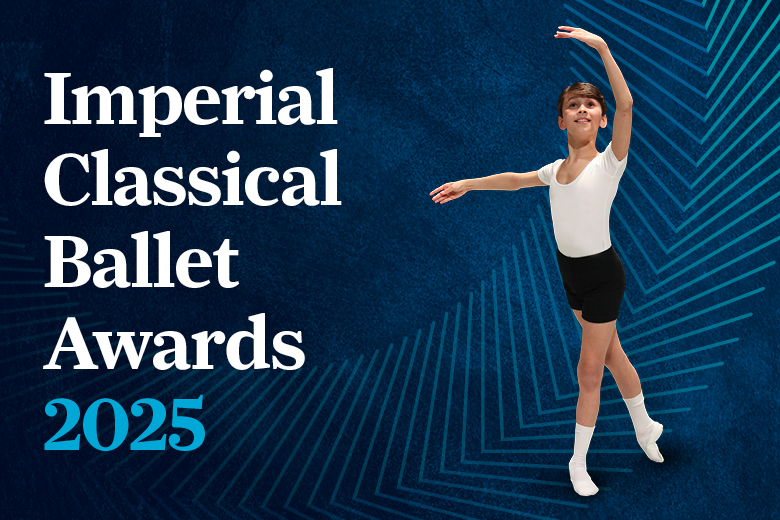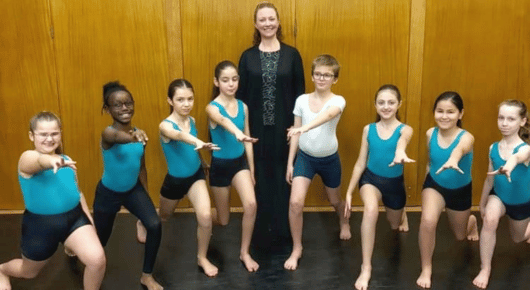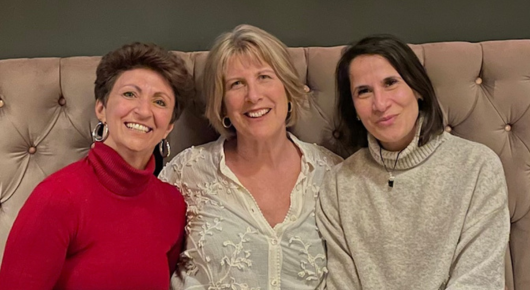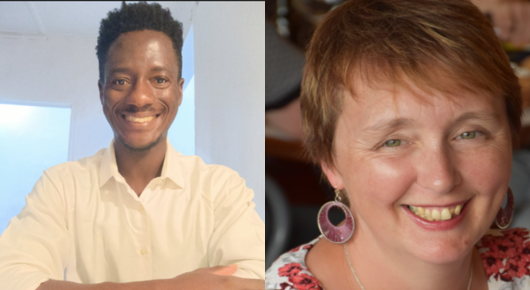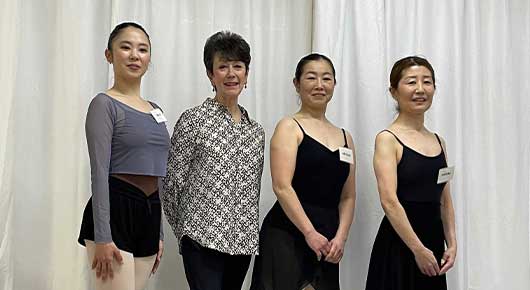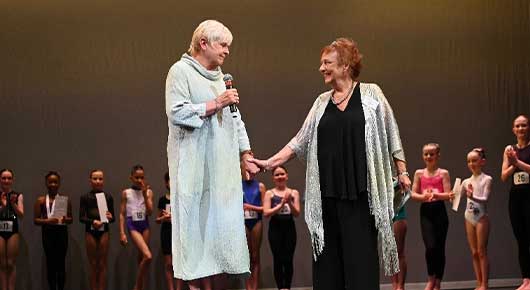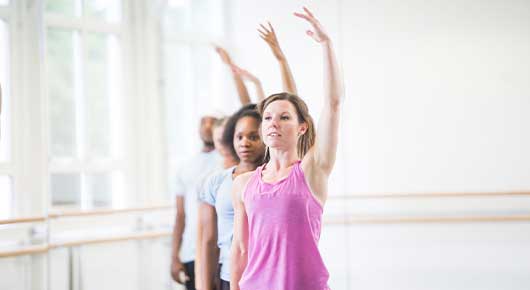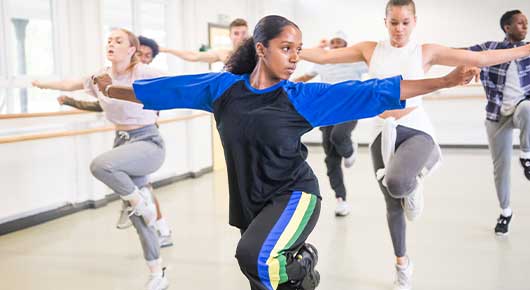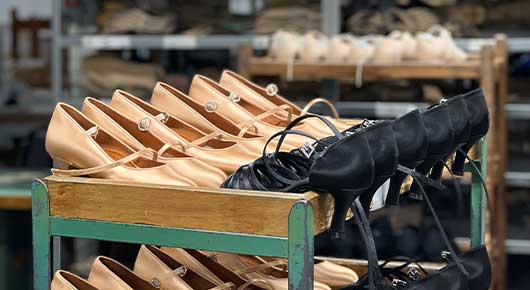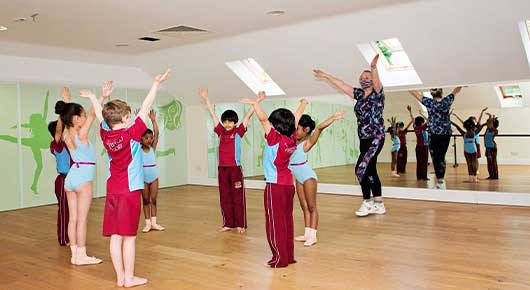29 January 2025
Our dedicated examiners uphold ISTD standards, committing to excellence in dance education. Join us as we explore their tips for fostering a positive exam experience and nurturing the next generation of dancers with professionalism and empathy.
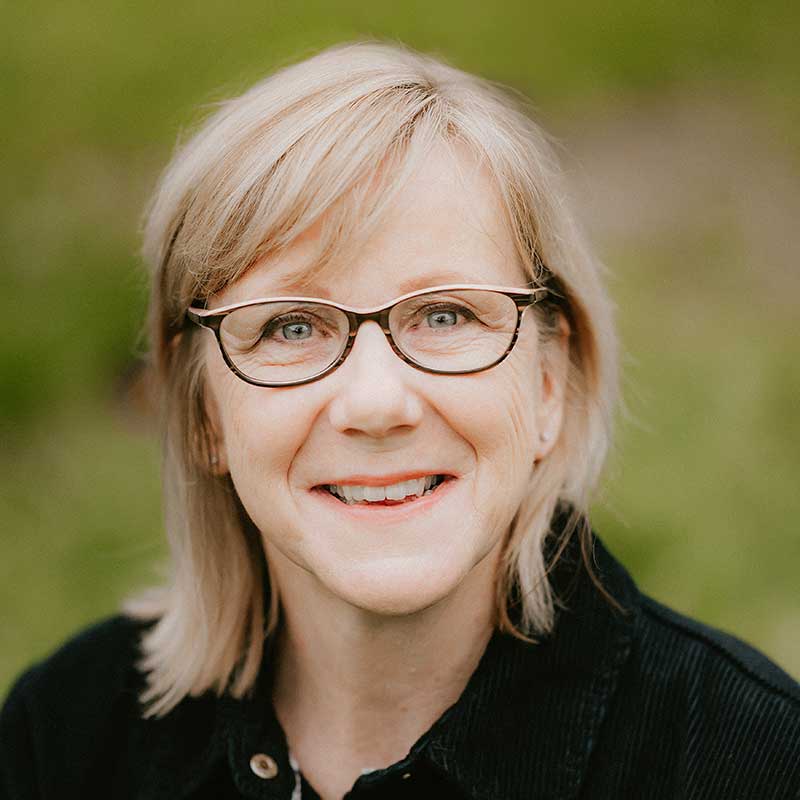
Lorraine Blake examines Modern Theatre and Tap in Canada
I loved entering exams as a student and wanted to recreate this excitement for young dancers in a positive learning environment.
My father drove me 12 hours from Bulawayo to Johannesburg for a vocational exam. Despite getting lost, I arrived just in time and enjoyed every moment. Passing this exam led to my teaching and examining career.
My advice for calming nerves is to get enough rest, eat well, and practice deep breathing. Maintaining a cheerful environment and a sense of humour is key. Dance exams are opportunities to grow and learn.
For those considering becoming an examiner, educate yourself thoroughly in your genre of interest.
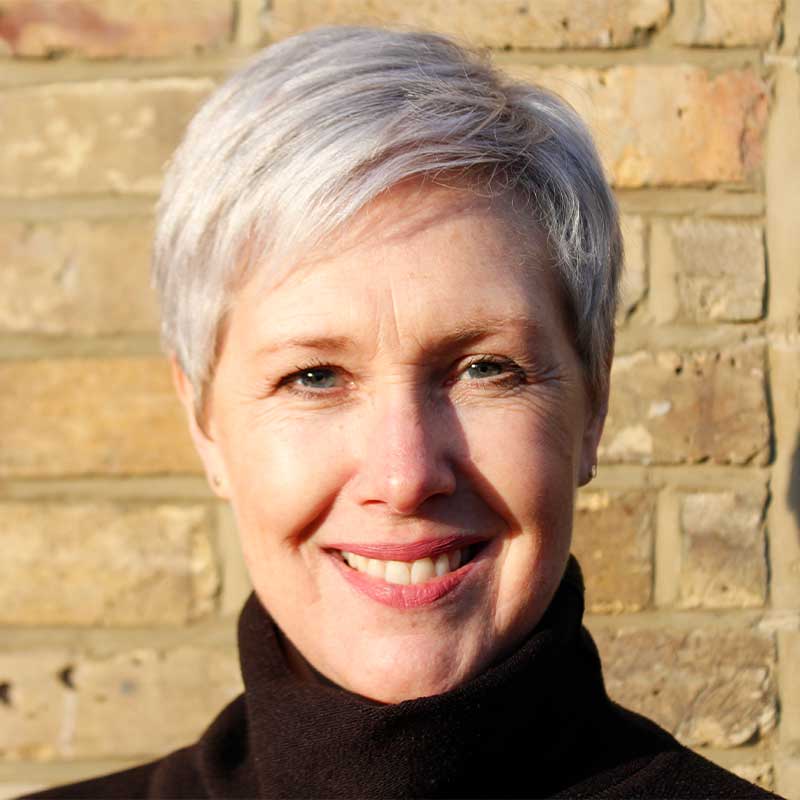
Amanda Butcher examines Contemporary, Modern Theatre and Tap
Examining has always been my passion, but teaching is my primary role.
I vividly remember my mum driving me to an exam in London. We were rushing but arrived just in time. Halfway through, I had to run out to be sick, but then returned to finish the exam!
I recommend that teachers should hold a mock exam day and have another teacher deliver the exams. Set up the table and have the music operator present. This helps children overcome fears and helps teachers prepare better. If a teacher's nervous or anxious, it will affect the children and their parents. Things can still go wrong but stay calm – there are always solutions.
Assessing is part of teaching; it encourages reflection, monitors progress, and reveals potential. Examiners see the results of hard work, which is very rewarding.
Your strength lies in your teaching. Always rely on what you know, your eye and instinct, and keep developing. The ISTD has amazing lecturers, so never stop learning!
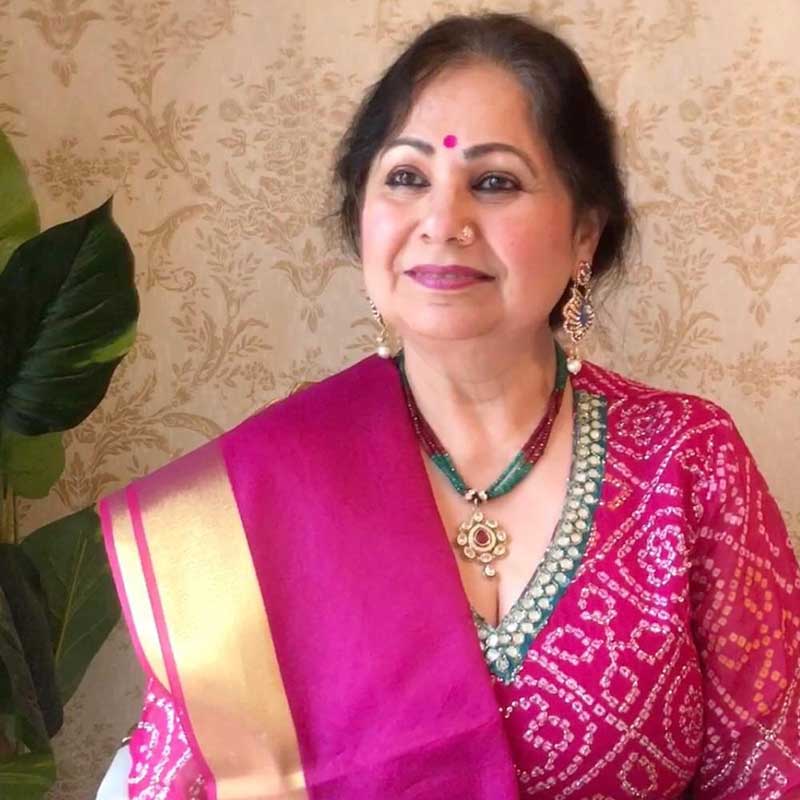
Kajal Sharma examines Classical Indian (Kathak)
My extensive experience as a dance lecturer in India made becoming an ISTD examiner a natural transition. I achieved Distinction in Grade 6 Kathak in India at the age of 12, securing second position nationwide and becoming the youngest candidate ever to do so. The award ceremony took place in Chandigarh.
New teachers should thoroughly understand the grade syllabus, rules, regulations, and exam procedures set by the ISTD. Be confident and supportive. Well-prepared and organised teachers will stay calm and composed. If nervous, focusing on skills and practicing meditation can help.
Examiners need in-depth knowledge of the syllabus, fairness, patience, strong focus, and time management skills. Politeness and encouragement are essential. Being an examiner is challenging yet rewarding, responsible, inspiring, and satisfying.
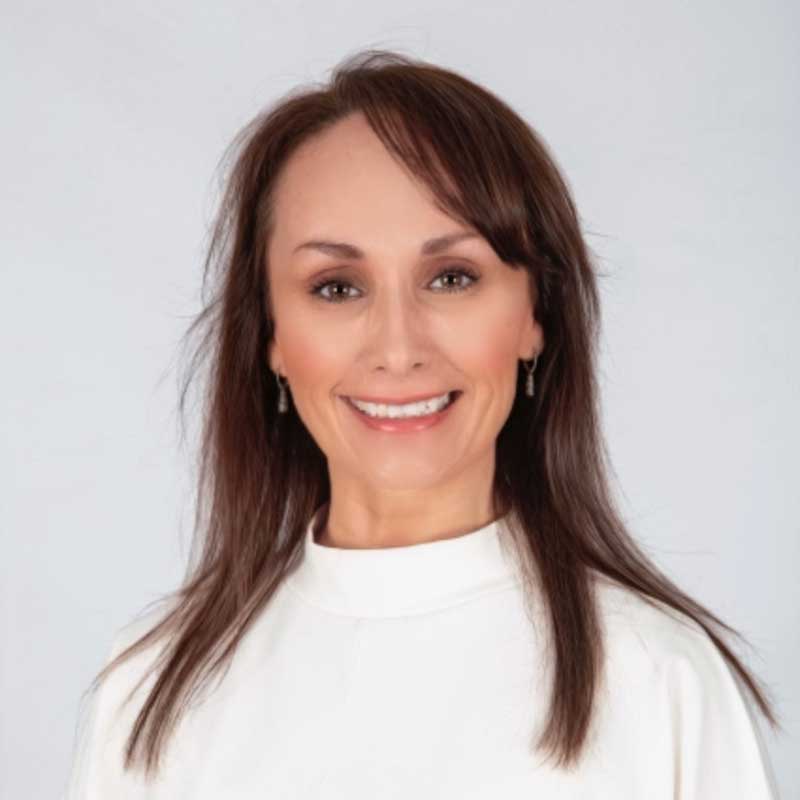
Rachel Hayward examines Cecchetti
Becoming an examiner was a natural progression from my professional dance and teaching career. After gaining my Fellowship and Enrico Cecchetti Diploma, I was honoured to be offered the chance to become an examiner. My top tips for teachers on exam day are to be prepared and stay calm. Aim for your students to have a great experience and enjoy the day. If you love what you do and have the qualifications and teaching experience, definitely consider becoming an examiner. I have found it a privilege to witness the wonderful work happening across the UK and internationally.
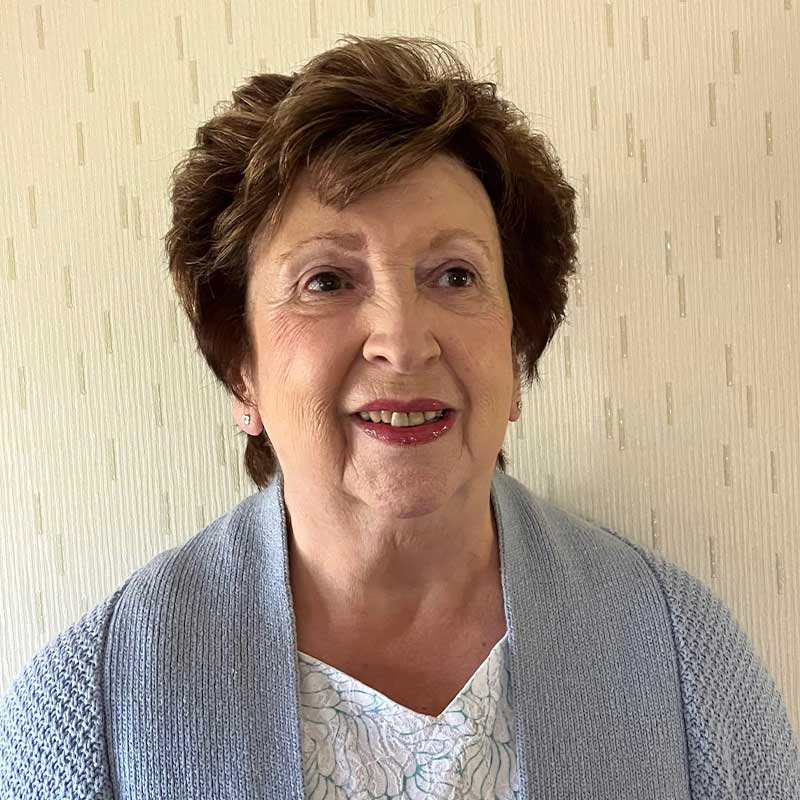
Barbara Simons examines National Dance
Inspired by Patricia Crail, Robert Harrold, and Margaret Dixon-Phillip, my love for National led me to this career.
I recall the pre-exam excitement and nerves, eager to perform my best.My advice to teachers is to stay calm and natural. Keep children relaxed by praising their efforts and encouraging them to enjoy the experience.
An examiner is an ambassador for the Society, and should be compassionate, patient, and understanding. Representing the ISTD is an honour.
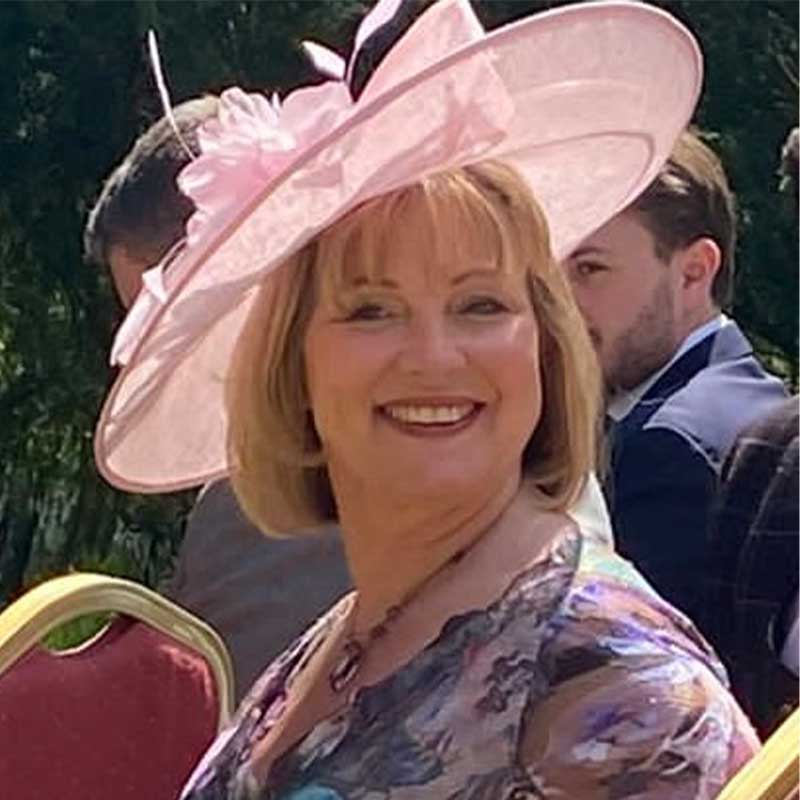
Amanda Wilkins examines Classical Greek
Promoting and sharing my love for this genre led me to become an examiner. Like many, I remember the bell ringing and rushing into the exam – a tradition that endures!
Stay calm; your stress affects your students. Make the day special but enjoyable, reminding dancers that the examiner is just an ordinary person there to see them do the best they can on the day. Teachers should learn the work thoroughly and attend CPD courses.
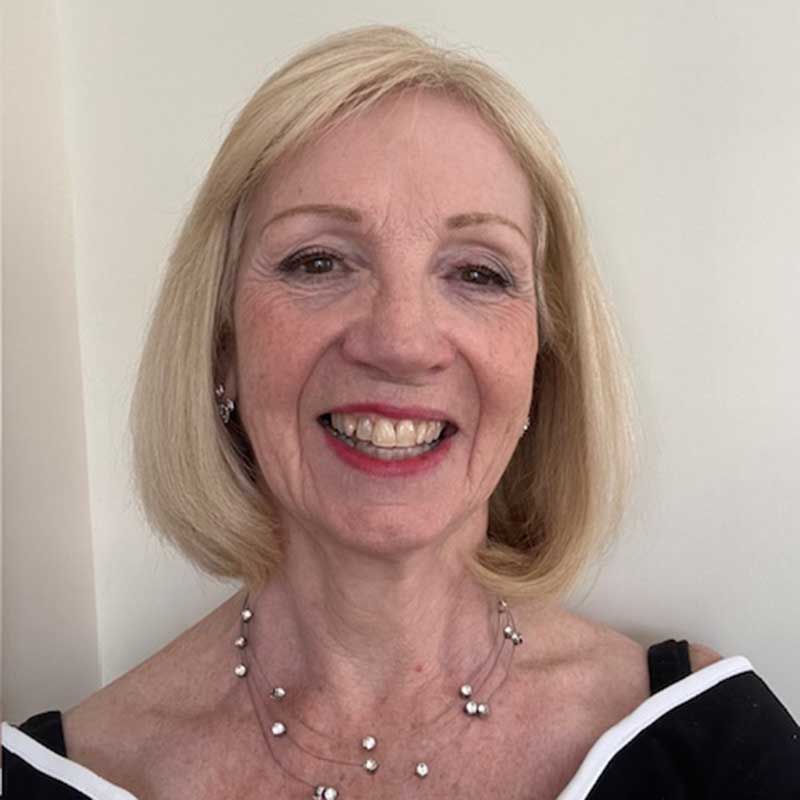
Jill Bush examines all dancesport genres
I was inspired to pursue a career as a dance examiner by my own teacher, who examined for the ISTD.
A standout memory from my own early dance exams involves an examiner tapping a teaspoon against her cup and saucer, initially alarming me into thinking that I'd done something wrong, until I realised it simply signaled the music's end.
My top advice for new teachers on exam day is to prepare well and fully embrace the special occasion with your students. It's natural to feel nervous beforehand. I find a few moments alone before the exam invaluable for calming nerves.
For teachers aiming to become ISTD examiners, I recommend gaining extensive teaching experience across all exam levels and age groups beforehand.
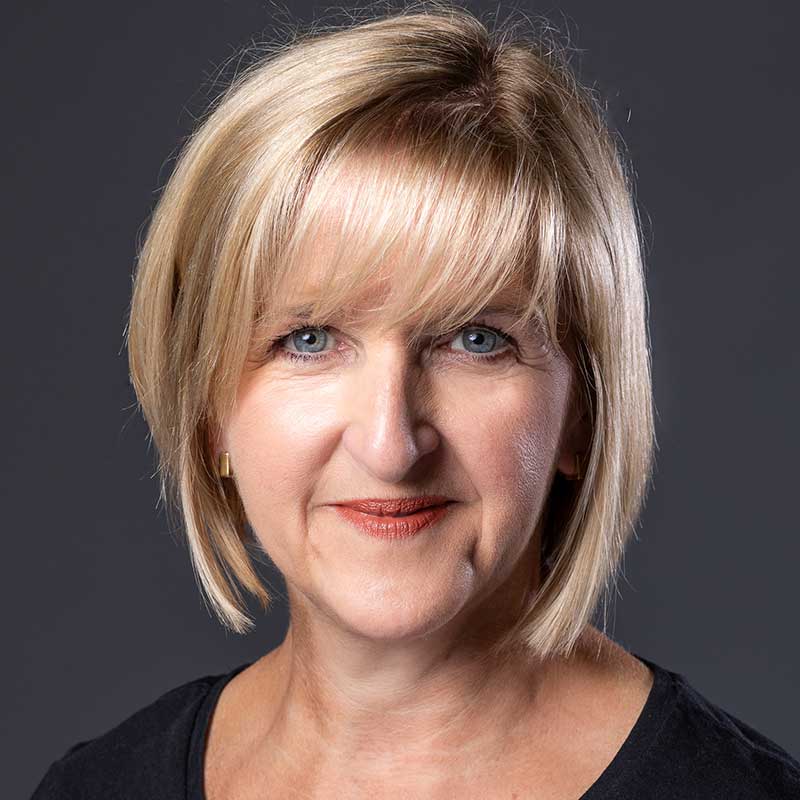
Jacqueline Gray examines Imperial Classical Ballet
After establishing my teaching career, I pursued examining to deepen my knowledge of teaching classical ballet.
I fondly remember the exam day: the studio was bright and sunny, adorned with flowers, and my teacher looked elegant. This helped create a special occasion, making me excited despite some nerves.
Teachers should prepare well in advance to ensure a calm and controlled environment. Conduct mock exams so pupils are familiar with the format, helping them feel relaxed and perform their best.
Examining requires different skills from teaching but offers valuable lessons that enhance your teaching practice.

Laurie Yates examines Latin American and Modern Ballroom
At seven, I began focusing on medal tests. The feedback and my teacher’s skill inspired me to become a competitive dancer, leading to a career as a professional ballroom dancer, teacher, and adjudicator. My desire to encourage others with constructive criticism led me to become an examiner.
As a child, I was nervous yet excited, always wanting to do my best. As an adult, I was apprehensive during professional exams but grateful for the kind examiners and the sense of achievement afterwards.
Focus on giving your pupils the best experience. Introduce them to the examiner and don’t stress about the outcome; accept your nerves and focus on the task at hand.
For those considering a career as an examiner, do it for the love of dance. Think about what you can offer the Society and the schools you will support.
